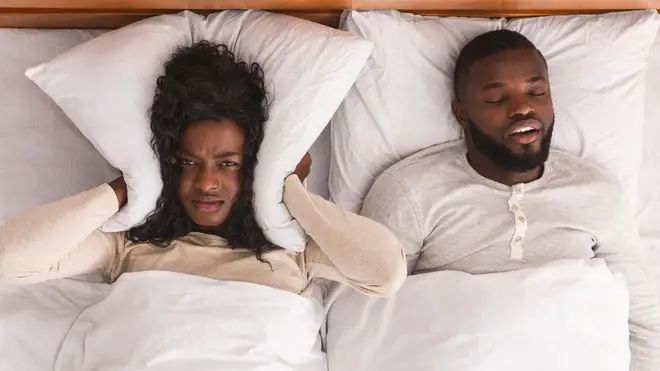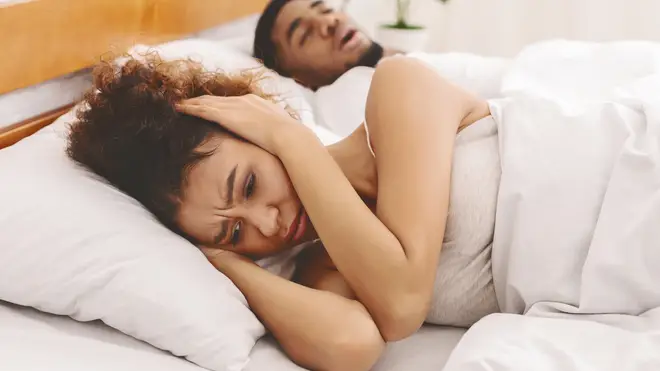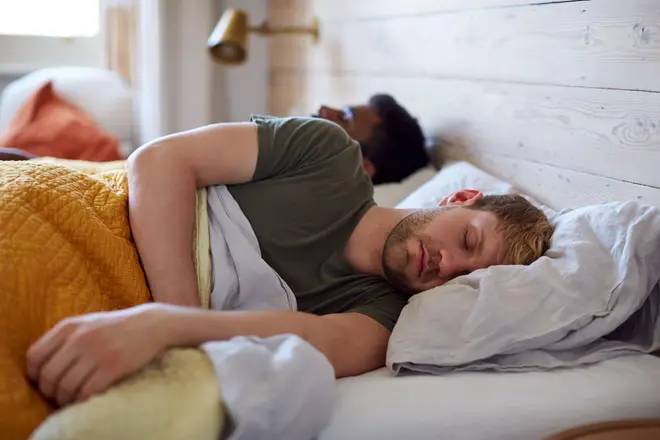On Air Now
Early Breakfast with Lindsey Russell 4am - 6:30am
16 August 2022, 13:45 | Updated: 16 August 2022, 13:49

Thousands of people could claim up to £156 a week if they snore too much due to a medical condition.
Those who snore could get up to £156 a week in DWP benefits because of a 'hidden health condition', with thousands already claiming.
According to experts, those who suffer from sleep apnoea could be eligible to receive the Personal Independence Payment (PIP) every week.

PIP is a benefit which is paid to people with long-term physical or mental health conditions, with around three million people in Britain currently receiving the cash.
There is also a list of other ‘hidden health conditions’ which make you eligible for the money including anxiety, depression, diabetes and hearing loss.
The DWP gives PIP to those aged 16 or over who haven't reached state pension age, but you must have lived in England, Scotland or Wales for at least two of the last three years.
You can find out more on the government website here.

According to the NHS website, sleep apnoea is when your breathing stops and starts while you sleep.
There are multiple types of the condition, but the most common is called obstructive sleep apnoea (OSA).
Symptoms mainly happen while you sleep and include:
But during the day, you may also feel very tired, find it hard to concentrate, have mood swings and experience headaches when you wake up.
While sleep apnoea doesn’t always need to be treated if it's mild, many people need to use a device called a CPAP machine which gently pumps air into a mask you wear over your mouth or nose while you sleep.
Other less common treatments include a gum shield-like device that holds your airways open or surgery to help your breathing, such as removing large tonsils.
Find out more on the NHS website here.